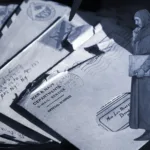
Writer’s Routines: Writing in the Evening
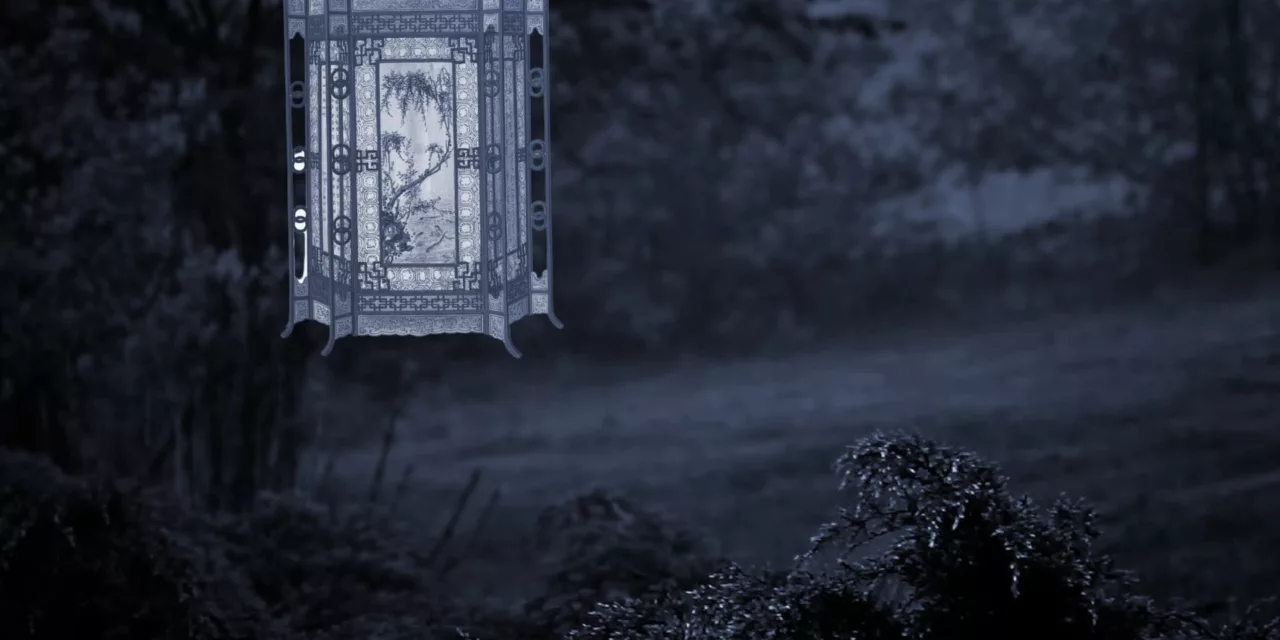
If you’re a writer who does most of their writing in the evening, you’re a rare breed. Evening writers belong in that twilight zone between workdays and free time, where many others often begin to feel unproductive. But evening writers use these times to help their creativity thrive.
I’m an evening writer, or at least I am when I’m writing outside of work. Throughout the day, I often have ideas sitting in my brain just itching to get out. When I finally hit the end of my workday and I can finally let them all free, the words just flow. For me, it’s like a crack in a dam. It stands sturdy all day, but the second the pressure releases, all my ideas come pouring out all at once.
The separation of working and creative lives
Those who do their writing in the evenings, much like morning writers, like to do so to separate their work lives and their creative outlets. While morning writers tend to set aside a certain number of hours, evening writers have a bit more freedom. That said, many writers still maintain a routine to give themselves boundaries.
Patricia Highsmith, beloved author of The Talented Mr Ripley, would end her day, take a bath, change her clothes, then settle down to write her own stories. This little ritual helped her separate her working life from her rich, imaginative interior world.
Many writers didn’t have time to sit down to put pen to paper until after the workday was finished. Tennessee Williams didn’t start writing until his day as a clerk at a shoe company ended. Franz Kafka, similarly, started writing after his day as an insurance clerk was over.
“My preferred way to work is to start in the early afternoon and work until about 3, go do errands, have dinner and then write for a few more hours in the evening.”
Mary Gaitskill
Mary Gaitskill keeps a varied writing schedule, but her favourite time to work is starting in the afternoon and working through into the evening. Teaching at various universities and educational institutions during the day means her evenings can be dedicated entirely to her craft.
Working at a bookshop, George Orwell spent his day surrounded by books. While he would take a few hours in the morning before lunch to do some writing, he did the bulk of it after his workday ended. He found he was most mentally alert mid-morning and in the evening. This meant he could capitalise on those times to be at his most productive.
The writers who never stop
One thing that many who do their writing in the evening have in common is that they will just keep writing. This is something I do, so while I tend to start writing in the early evening, I might keep going until well into the wee hours. The benefit of evening writing is that there is a huge stretch of time ahead of us. Consequently, we don’t suffer the same time constraints as morning or night writers.
Franz Kafka was an evening writer who just never stopped. After his day at the office, he would come home, nap for a few hours, have dinner with his family, then work through into the early morning. While he may not have sat down to write until it was already dark, his writing routine began as soon as he finished work. He knew he’d have to be rested enough to put pen to paper.
Similarly, Vladimir Nabokov suffered from insomnia, and would often write through until the early hours. He would sleep for most of the morning, then start his writing day in the early evening. He would work through to the point where he finally felt he could sleep again.
When I sit down to write, I will keep going until the words stop coming. I’m lucky enough to live in a household where my partner and I keep similar creative schedules, so I have the freedom to work on my writing whenever the mood takes me. Early evening is my ideal writing time, but I never set myself a specific goal or stopping point. Knowing I have the entire evening and, and the possibility of an all-nighter ahead of me, gives me the creative freedom to really explore my ideas.
While evening writers seem to be as rare as sunflowers in a desert, it’s good to know that we’re not alone. If you’re an evening writer, what routines work for you? Are you a scheduled writer, or a non-stop writer?



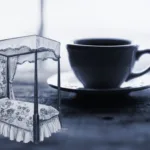























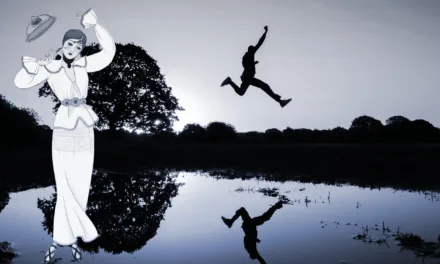
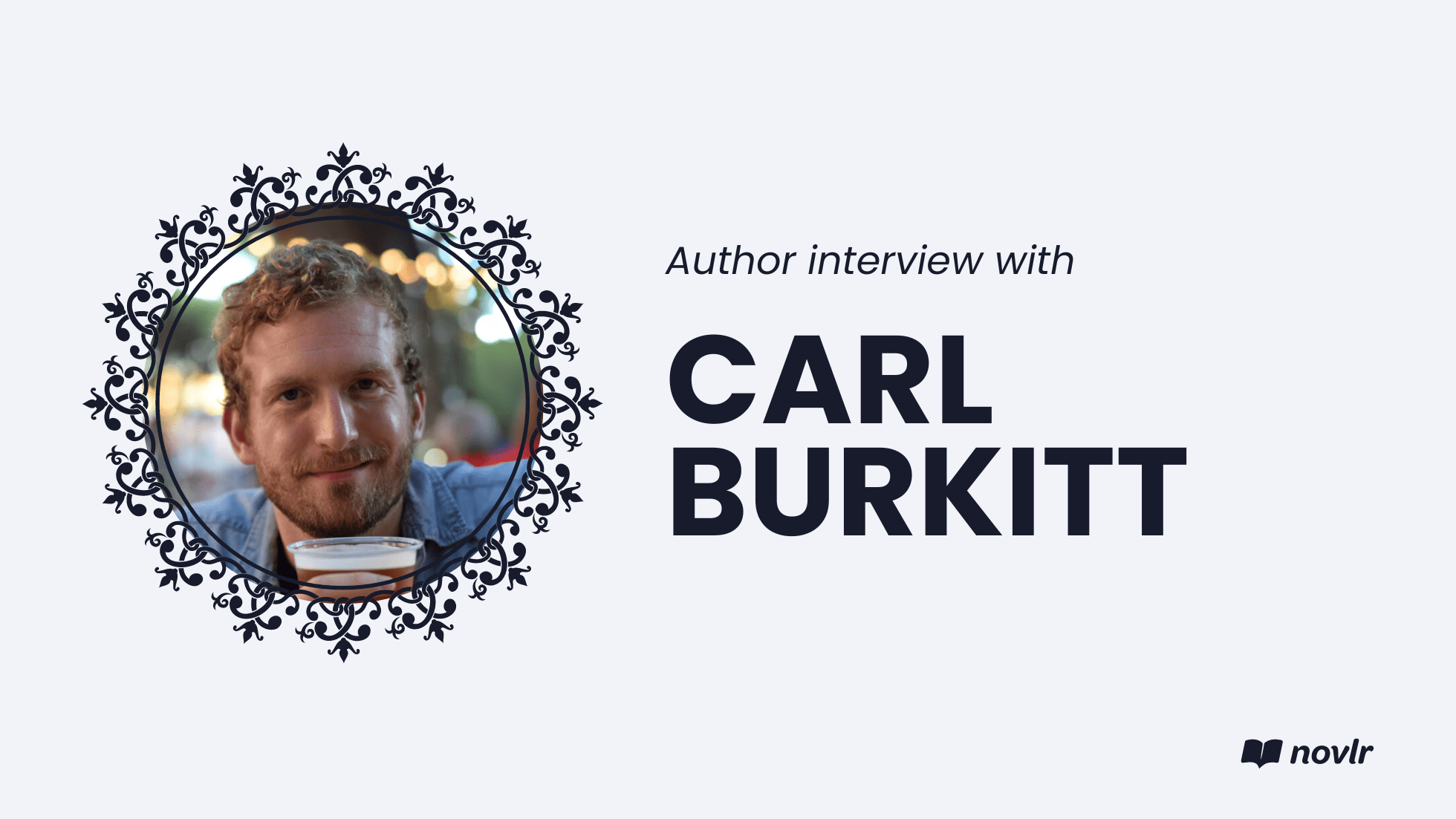
I’m a bit of an insomniac, having a body clock that’s very out if whack and never feeling tired until at least 2am. I usually start writing when my kids and wife fall asleep, and my creativity is always better at night.
I’ve always been like this, even as a child, and would stay up late reading and drawing untill past midnight. I always found I had better focus and more creativity too.
We home educate our kids and I have just got an evening job to improve our work-life balance. But it’s now eating into my best creative times! I’m trying to get into the habit of doing some writing during the day but it doesn’t come naturally.
I’m exactly the same, Emily. I’m rarely asleep before 2am, and it’s usually around 10pm that I first start to feel independently creative. When I write during the day, it has to be structured, with a clear plan and goal. But if I just need to let my imagination loose, I do my best work late at night.
I write when my children don’t need me. That could be for, if they are deep in play, 20 minutes; if not, 20 seconds. I feel the flow of original ideas and unique construction of sentences are best in the morning, straight after a coffee. But as a single parent of one home schooled child and two in school, I write when I’m free to. If only I had the energy-or time- to write in the evenings!
Finding the time is often the hardest part, but it sounds like you’ve mastered the art of taking advantage of the moments when they appear!
I am exactly the same S J – At home trying to work/write with two young kids – one in school and one ad hoc daycare and it is very tricky. My favourite times are the occasions when I get a train somewhere on my own (what a luxury!). Trains are one of my favourite places to write. But at home – evenings are hard, and creatively calm time is hard!